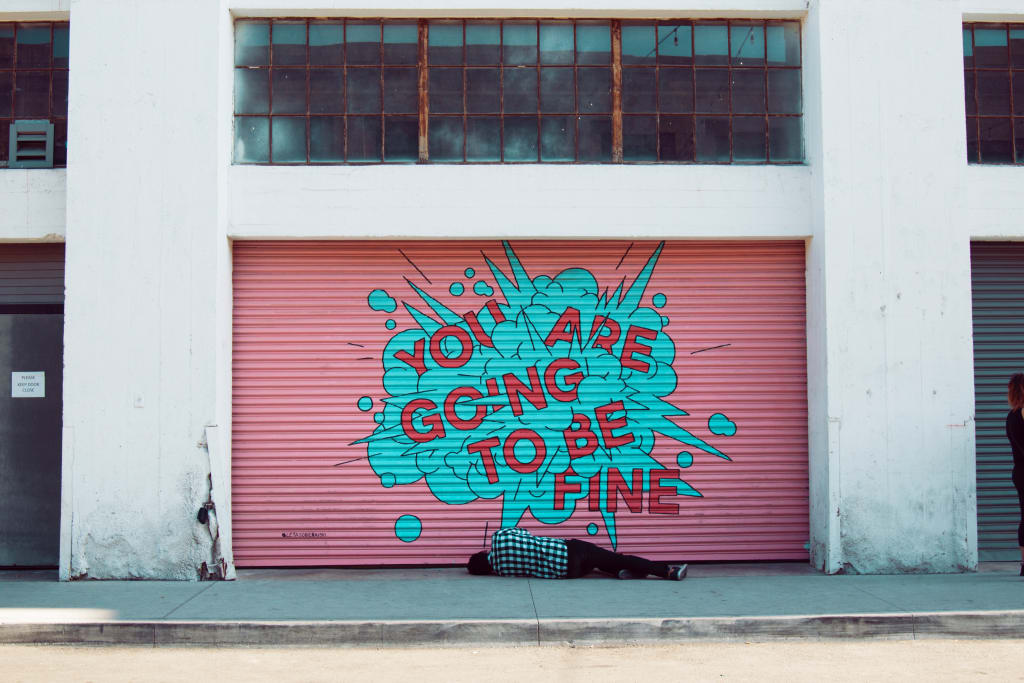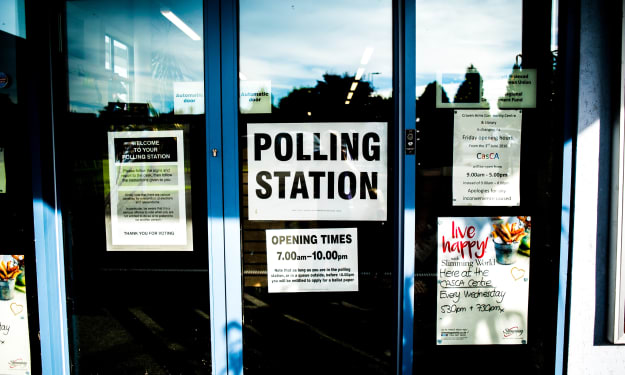ADHD in Adulthood: My Journey Through Misconceptions
Diagnosed in My Twenties

My thoughts were all over the place when the doctor gave the final diagnosis, but for those with ADHD, that’s not a new experience. Some of these thoughts I’ll simply have to live with, such as 'how much easier would some things have been if I had known earlier?' or 'what else could I have accomplished?' But there are other thoughts I now have answers to, like how it was missed, if medication is the right option, and what my life might look like after this.
To begin with, there are multiple reasons why ADHD goes undiagnosed until adulthood. Most of these have to do with the misconceptions surrounding it. For example, Attention Deficit Hyperactivity Disorder is actually an incredibly misleading name for the condition. Those with ADHD don’t have a deficit of attention, rather the inability to properly distribute it. Our brains are engaged differently, which is why we’ll procrastinate daily tasks such as homework or cleaning—no matter how much we intend to do them—in favor of hours of video games. Secondly, hyperactivity is only one aspect of how we’re affected. ADHD is actually separated into three different categories, those being: hyperactivity, inattentive, or combined presentations. This fosters the idea that you can’t have ADHD unless you show the more commonly associated hyperactive symptoms. As a result, women are diagnosed less than men because they tend to present primarily inattentively, or combined, with their hyperactivity affecting them inwardly and causing racing thoughts, for instance.
Another common misconception is that ADHD is a condition that only children battle with. I must admit, even I was guilty of this. One of my biggest barriers to diagnosis was that it wasn’t caught in childhood, so how could I have it? Whereas in actuality, ADHD affects an individual over their entire lifetime and can be incredibly harmful if left untreated. What makes matters even worse is that all this knowledge didn’t come from my mental health textbook while getting my diploma in Community Social Services. Instead, I learned from brave individuals talking openly about their experiences and creating their own resources. Case and point, Jessica McCabe and her YouTube channel, HowToADHD. I first heard of Jessica when she appeared on Hannah Hart and Hannah Gelb’s self-help podcast, Hannahlyze This, for an episode they did on ADHD in adulthood. Little did I know it would be this episode that would lead me down the rabbit hole towards assessment and diagnosis. Words cannot express my gratitude for them because without a diagnosis, the treatment of medication would never have been an option.
Treating ADHD is incredibly individualized, with multiple possibilities, ultimately coming down to the individual’s contentment with symptom management. But a combination of medication and other therapeutic practices, such as cognitive behavioral therapy, have shown to be the most effective. When choosing what course of treatment to follow, I came face to face with another misconception—that of the medicated zombie myth. Through media and other influences, we’re taught that taking medication for mental illness can be dangerous and lead to personality changes, i.e. being cold or unfeeling. Discussing this with the doctor resulted in these fears being alleviated by beginning on a low dose and checking in consistently until we found the right fit. Since starting medication there has been a world of difference. Putting on my glasses for the first time is a close equivalent. Books on the shelf are actually being read, as I can finally make it through them. The articles I’ve always wanted to write are now getting finished, and no longer does it feel like I’m dragging myself to the end of an eight-hour shift.
So, what would my life look like after this? Of all the misconceptions, perhaps the most damaging is equating ADHD to a life of failure and unfulfillment. It is this narrative that is most often represented, and even though those with ADHD struggle with failure due to our impulses, we are also three times more likely to start our own business. Research people known to have the condition and you’ll see some big names on that list. Additionally, since starting my journey I’ve been able to connect with others struggling with the same symptoms. Nothing has surprised me more than having complete strangers reach out and swap strategies for coping.
However, to receive this support, one must battle the stigma of discussing mental health issues in the open and be willing to bring them to the surface. Which is why during ADHD awareness month, I’m sharing my story in the hopes of shedding light on how impactful misconceptions can be on those living with the condition. If others hadn’t done the same, who knows how much longer mine would have gone unnoticed. Which leads us to the people in the position I was not too long ago, whom suspect something is going on and are contemplating a doctor’s visit. Do your research, get those answers, and take the time to process because the first step to working with your brain is starting to understand it.
About the Creator
Joshua Stanley
Writer, Creator, & Media Enthusiast






Comments
There are no comments for this story
Be the first to respond and start the conversation.